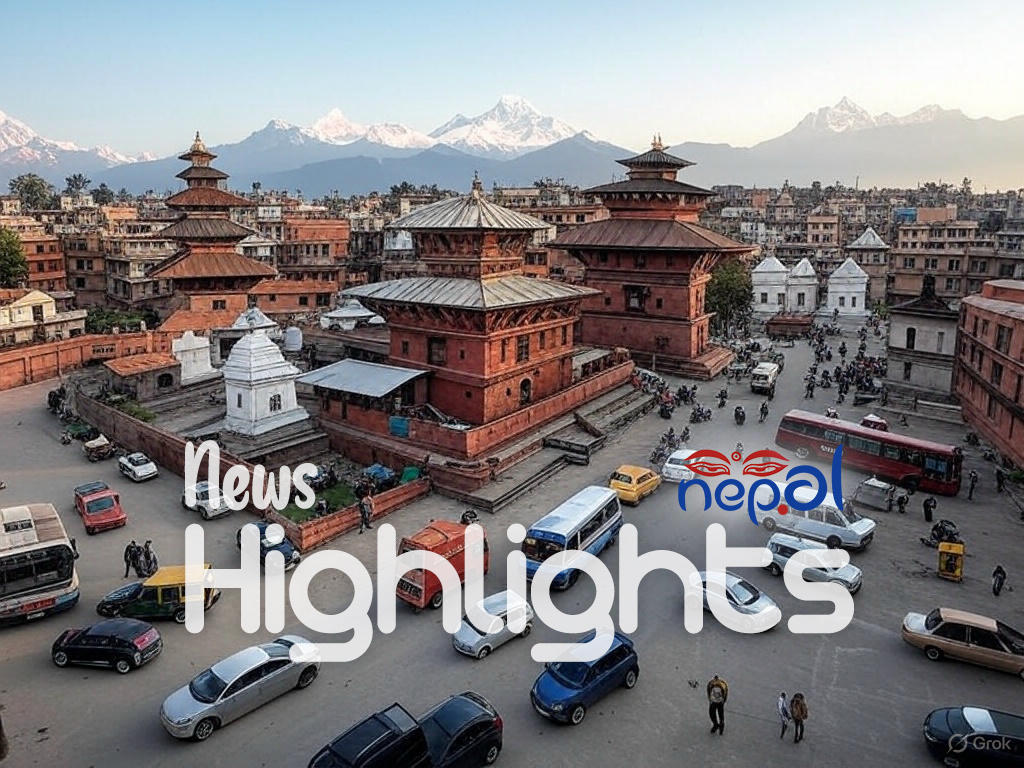The Nepal Stock Exchange (NEPSE) delivered an impressive rebound this week, defying recent losses amid heightened market volatility. The NEPSE Index closed at 2,661.64, marking a gain of 37.81 points or 1.44%, following last week’s 1.29% decline. This positive movement reaffirms the resilience of the Nepal Share Market and growing investor confidence in NEPSE trading trends.
📊 Market Movement and Volatility
The NEPSE Index fluctuated between a high of 2,687.38 and a low of 2,604.79, registering a volatility spread of 82.59 points, significantly wider than the prior week’s 61.79 points. Weekly turnover reached a robust Rs 47.79 Arba, reflecting heightened stock market activity. However, a marginal decline of 12.04 points (-0.45%) was recorded on Saturday, suggesting brief profit-taking pressure. #NepalStockMarket #MarketVolatility
🚀 Top-Performing Companies in Q3 FY 2025
Strong quarterly results from several key players are fueling the rally:
-
Sampada Laghubitta Bittiya Sanstha: Reported a 74.88% jump in net profit to Rs. 10.70 Crores, with an EPS of Rs. 20.37 and net interest income of Rs. 48.33 Crores. #MicrofinanceStocks
-
Mountain Energy Nepal: Achieved a 50.45% rise in net profit, hitting Rs. 46.50 Crores, and an annualized EPS of Rs. 23.82. #HydropowerStocks
-
NMB Laghubitta: Rebounded to a net profit of Rs. 2.75 Crores, posting an EPS of Rs. 5.15. #FinancialStocks
-
Eastern Hydropower: Surged an astonishing 264% in net profit, reflecting hydropower sector strength.
-
Mahuli Laghubitta: Reported a 25.63% rise in profit, further highlighting positive microfinance trends.
However, companies like Infinity Laghubitta, Nerude Mirmire Laghubitta, First Microfinance, and Nepal Micro Insurance saw profit contractions, underlining mixed sectoral performance. #StockAnalysis #NepalFinance
🧾 Corporate Actions Drive Investment Buzz
NEPSE is witnessing a wave of corporate actions, creating attractive investment opportunities across sectors:
🪙 Bonus Shares & Dividends:
-
Bonus Share listings from:
-
Nepal Life Insurance
-
Aatmanirbhar Laghubitta
-
RSDC Laghubitta, Nepal Hydro Developers, MLBBL, and SIFC
-
-
Dividend Proposals include:
-
RNLI (12%), NIL (7%), PMLI (8%)
-
SALICO (15%), SLBBL (13.5%), SMFBS (5%)
-
📈 Rights Offerings:
-
SEBON approved:
-
Asian Life Insurance – 42% rights shares
-
Rapti Hydro – 100% rights issue
-
Chhyangdi Hydropower – 100% rights announcement
-
-
Upcoming Rights Issues:
-
SNLI (1:0.27), SAMPANNA (1:0.12), SCCL (1:1.75)
-
🆕 IPOs and FPOs:
-
In SEBON’s pipeline:
-
Solar Farm IPO, Matribhumi Laghubitta FPO
-
Arga Bhagbati Ventures preparing for public listing
-
Trade Tower Limited closed IPO for Foreign Nepalese Immigrants
-
Arrow Pharmaceuticals gearing up for public issue
-
📋 New Listings:
-
Om Megashree Pharmaceuticals IPO shares
-
Everest Bank 7.50% Debenture 2091
-
NMB Hybrid Fund L-II mutual fund units
#CorporateActions #IPOInvesting #RightsShares #BonusShares
🧠 Market Insights, Tools, and Trends
NEPSE is increasingly data-rich and tech-enabled, offering powerful tools for informed investing:
-
Investor Tools:
-
Net Price Calculator, Bonus Adjustment Calculator
-
Margin Lending Calculator, Dividend Calculator
-
Live Trading Data, Floor Sheets, Indices
-
-
Trending Topics:
-
Commercial bank earnings, mutual fund performance
-
Growing interest in options trading and potential futures markets in Nepal
-
New closing price system reshaping circuit breaker policies
-
Investor participation is also expanding, marked by a surge in Demat account registrations—a clear signal of deepening stock market penetration. #MarketTools #NepalInvestors #InvestmentStrategies



